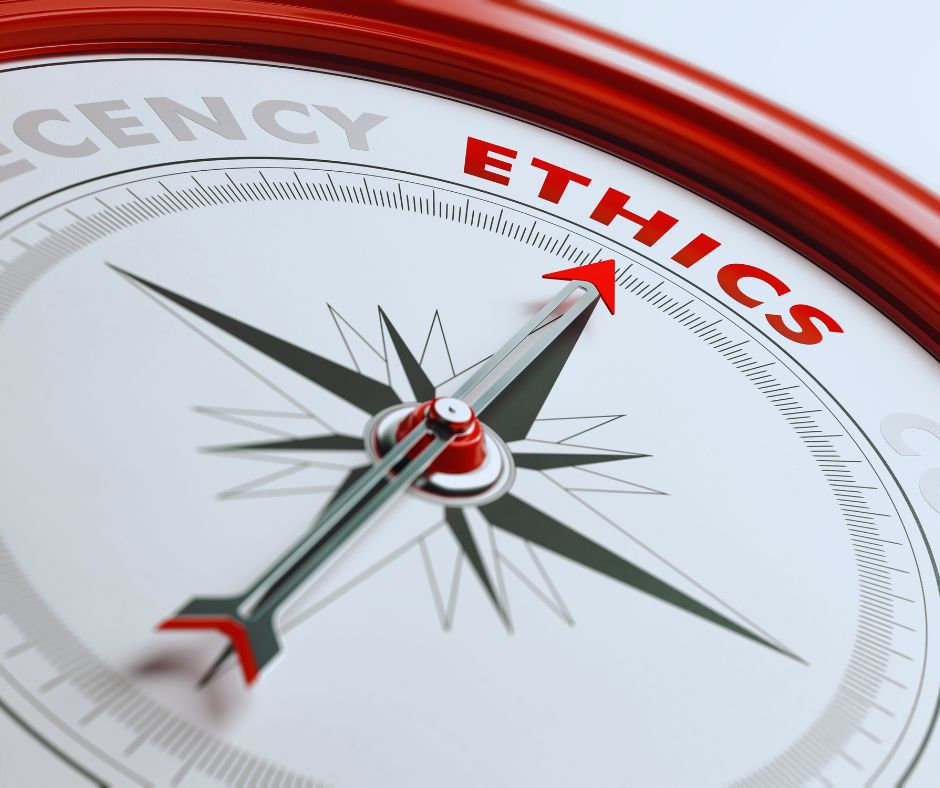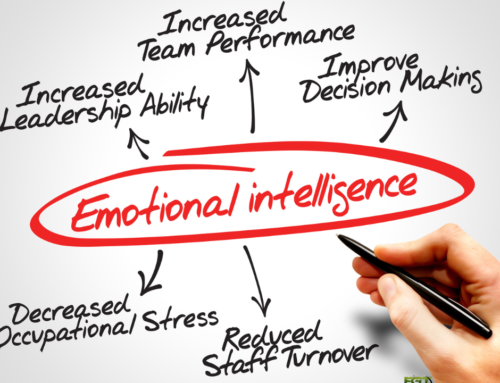Ethical Leadership in Today’s World – The Guiding Light
Ethical leadership has never been more crucial in a world often marred by uncertainty and ethical dilemmas.
Perhaps you have worked in different workplaces where you have experienced both ends of this leadership spectrum. I know I have.
Ethical leaders are not just captains of their ships; they are the moral compass that guides organizations, communities, and nations toward a brighter, more just future.
Leaders with personal integrity lead to knowing their ‘true north,’ but more importantly, they live it daily. And when you are around that sort of person, it is easy to get on board.
Let’s explore the essence of ethical leadership, its key principles, and why it is indispensable in today’s often complex landscapes.
Defining Ethical Leadership
For me, ethical leadership is a multifaceted concept, and at its core, the foundation is built around integrity, transparency, accountability, and empathy.
Ethical leaders act in ways that align with moral and ethical values. They foster trust with those around them and promote the greater good over personal gain. They lead organizations that display a strong sense of purpose, have defined that purpose, and promote it everywhere relentlessly.
You can find an ethical leader in any role or industry; ethical leaders can be found in businesses, governments, non-profits, and families.
The Pillars of Ethical Leadership
Integrity
Ethical leaders are unwavering in their commitment to honesty and truthfulness. They lead by example and demonstrate that ethical behavior is non-negotiable. Their words match their actions and are consistent with their moral standards.
Transparency
Transparency is the cornerstone of trust. Ethical leaders share information openly and honestly, even when the news is unpleasant. They encourage open dialogue and foster an environment where everyone feels comfortable speaking their mind. Patrick Lencioni talks about the importance of this in his brilliant book, The Advantage.
Accountability
Ethical leaders hold themselves and others accountable for their actions. They take responsibility for their mistakes and actively seek solutions to rectify them. In doing so, they set a high standard for accountability throughout the organization.
Empathy
Ethical leaders understand the perspectives and feelings of those they lead. They actively listen and show compassion towards others. This empathy helps make decisions that consider the well-being of all others.
Ethical leadership is more important than ever in today’s fast-paced, interconnected world.
The Impact of Ethical Leadership
Crisis Management
We have seen this play out on our screens recently. In the face of crises, ethical leaders provide a steady hand. Whether it’s a global pandemic, economic downturn, or social unrest, they prioritize the welfare of their constituents and make difficult decisions with compassion and fairness.
Building Trust
Trust is the currency of leadership. Ethical leaders build trust among their followers, fostering a sense of security and commitment. In times of uncertainty, people are more likely to follow leaders they trust.
Sustainability
Ethical leaders recognize the long-term consequences of their decisions. They make choices that promote sustainability, whether in terms of the environment, the organization’s reputation, or its financial stability.
Innovation
Ethical leadership encourages innovation and creativity. When employees feel valued and know their contributions align with ethical principles, they are more motivated to think outside the box and contribute new ideas.
Diversity and Inclusion
Ethical leaders champion diversity and inclusion. They recognize the value of different perspectives and ensure that all voices are heard and respected. This not only promotes fairness but enhances decision-making processes.
Within my policing career, the British Columbia Police Code of Ethics guided decision-making.
You Can Use the British Columbia Police Code of Ethics to Help Guide Decision Making
In my policing career, I learned these principles, which have remained my guiding light for leadership.
The questions to be asked were:
- Is the activity or decision consistent with organizational or agency policy and the law?
- Is the activity or decision consistent with the British Columbia Police Code of Ethics?
- What outcomes or consequences result from the activity or decision, and whom do they affect?
- Do the outcomes or consequences generate more harm than good?
- Do they create legitimate controversy?
- Is the activity or decision likely to raise actual or perceived conflicts of interest where a personal advantage is gained because of one’s professional position?
- Can the activity or decision be justified legally and ethically?
- Would the activity or decision withstand public scrutiny on legal and ethical grounds if it resulted in problems that became known generally?
How you honestly answer these questions will help determine whether you are on track with your North Star.
Ethical leadership is not a luxury; it is a necessity.
Whether in the boardroom, the political arena, or the community, ethical leaders set the standard for ethical behavior and inspire others to follow suit. We can all strive to embody these principles in our lives, knowing that ethical leadership is a force for positive change that benefits us all.
Something To Read
One of my all-time favorite books on leadership that embodies many of these characteristics is The Trust Edge by David Horsager, one of my fellow speaking professionals.
Another highly recommended book – The 5 Levels of Leadership by John C. Maxwell.






